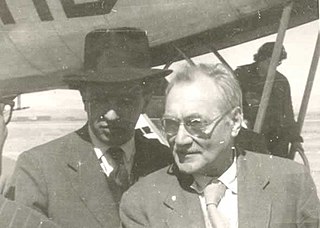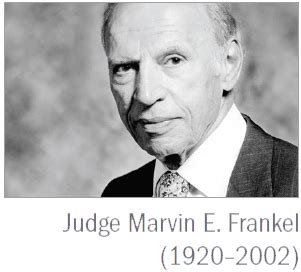A Quote by John P. Kotter
One of the most powerful forms of information is feedback on our own actions.
Quote Topics
Related Quotes
Learning would be exceedingly laborious, not to mention hazardous, if people had to rely solely on the effects of their own actions to inform them what to do. Fortunately, most human behavior is learned observationally through modeling: from observing others one forms an idea of how new behaviors are performed, and on later occasions this coded information serves as a guide for action.
There are three kinds of feedback and organizations must utilize all three to be effective:
1. Evaluation. This rates you against standards and peers. It lets you know where you stand.
2. Coaching. This information helps you get better and learn. It is an engine for learning.
3. Appreciation. Most desire for feedback is usually for appreciation. It motivates us.
When all actions are used for feedback, the consequence of making mistakes will be a corrective and appropriate response, because everything everybody does matters. ... The more selective you are in the feedback you accept, the more insane your reasoning will become as you will necessarily reject corrective feedback that would have led to better reasoning.
The most important feature of an information economy, in which information is defined as surprise, is the overthrow, not the attainment, of equilibrium. The science that we have come to know as information theory establishes the supremacy of the entrepreneur because it appreciates the powerful connection between destruction and what Schumpeter described as "creative destruction," between chaos and creativity.
The quality of everything we do: our physical actions, our verbal actions, and even our mental actions, depends on our motivation. That's why it's important for us to examine our motivation in our day to day life. If we cultivate respect for others and our motivation is sincere, if we develop a genuine concern for others’ well-being, then all our actions will be positive.
The advertising industry is one of our most basic forms of communication and, allegedly, of information. Yet, obviously, much of this ostensible information is not purveyed to inform but to manipulate and to achieve a result - to make somebody think he needs something that very possibly he doesn't need, or to make him think one version of something is better than another version when the ground for such a belief really doesn't exist.



































